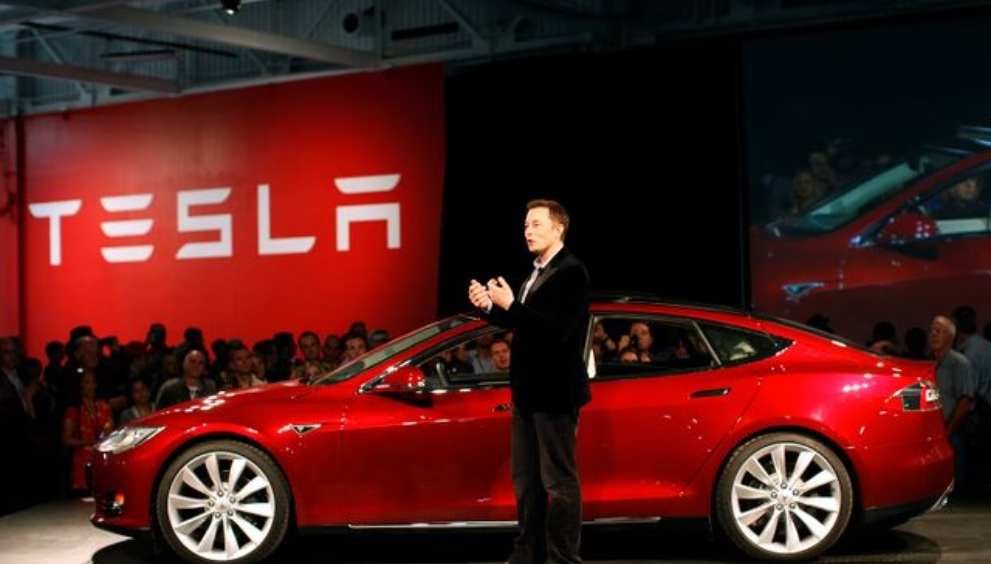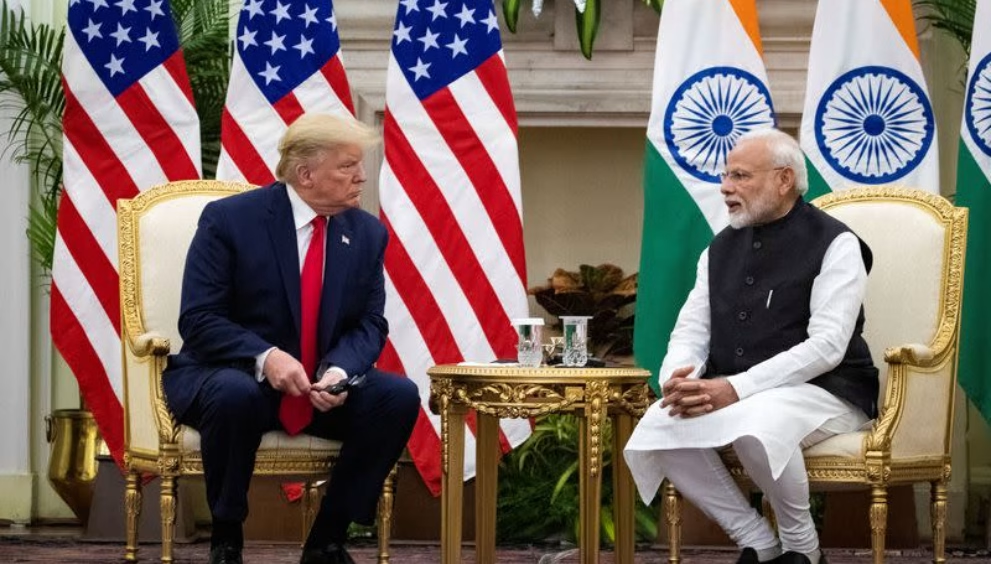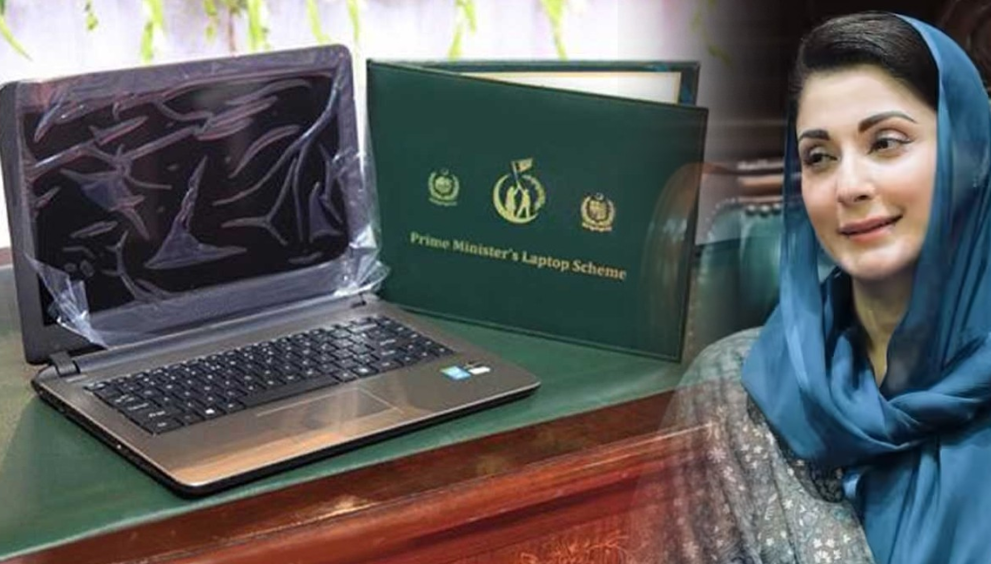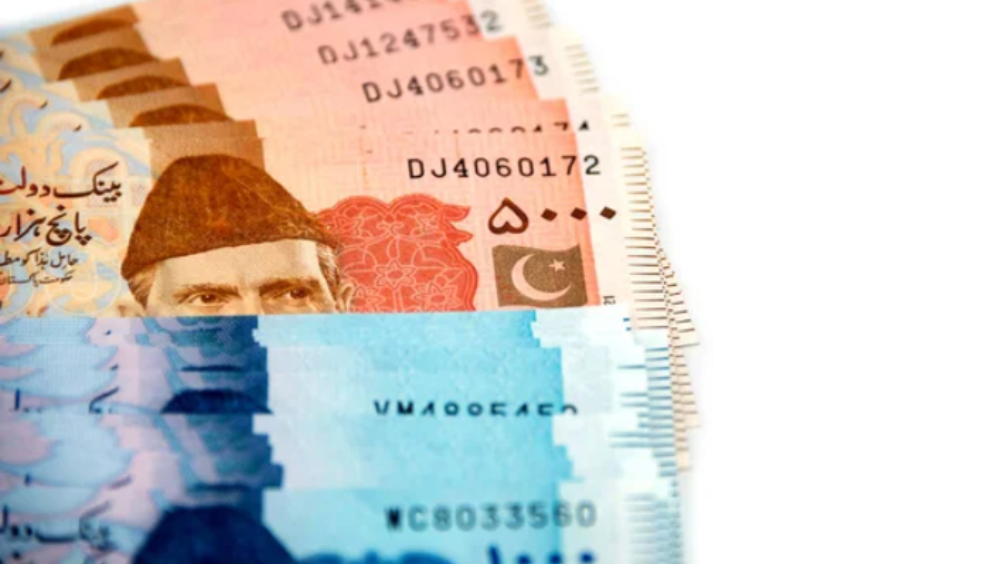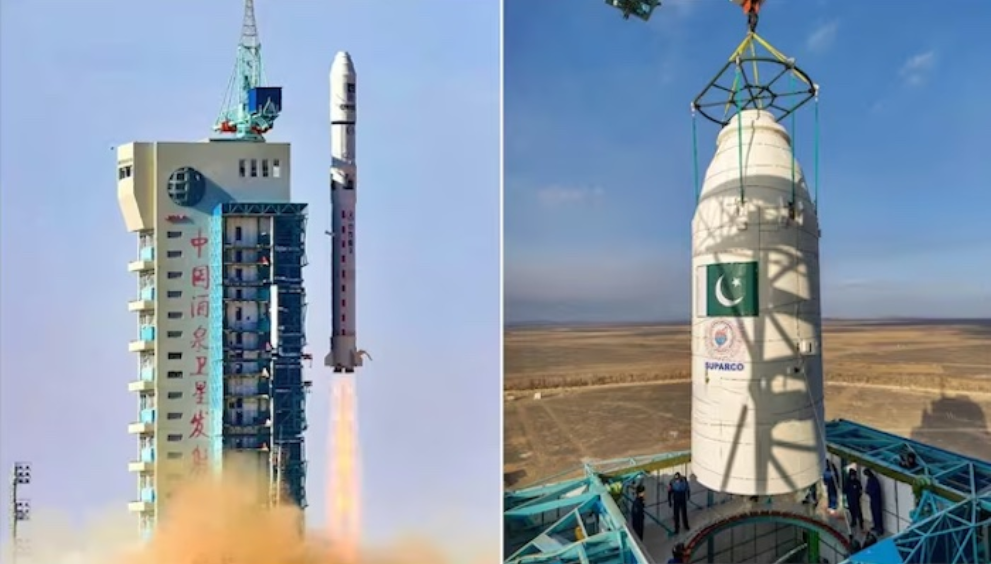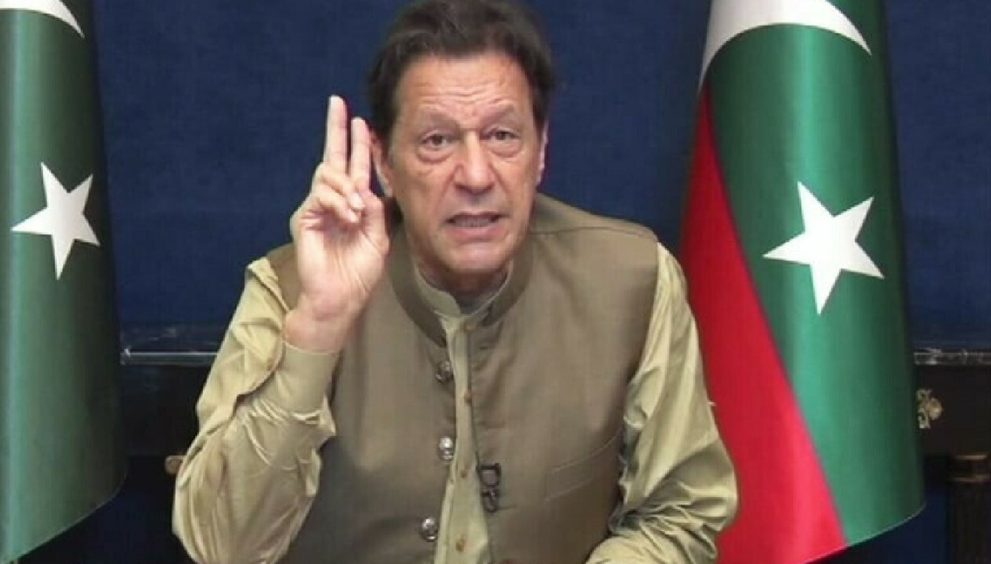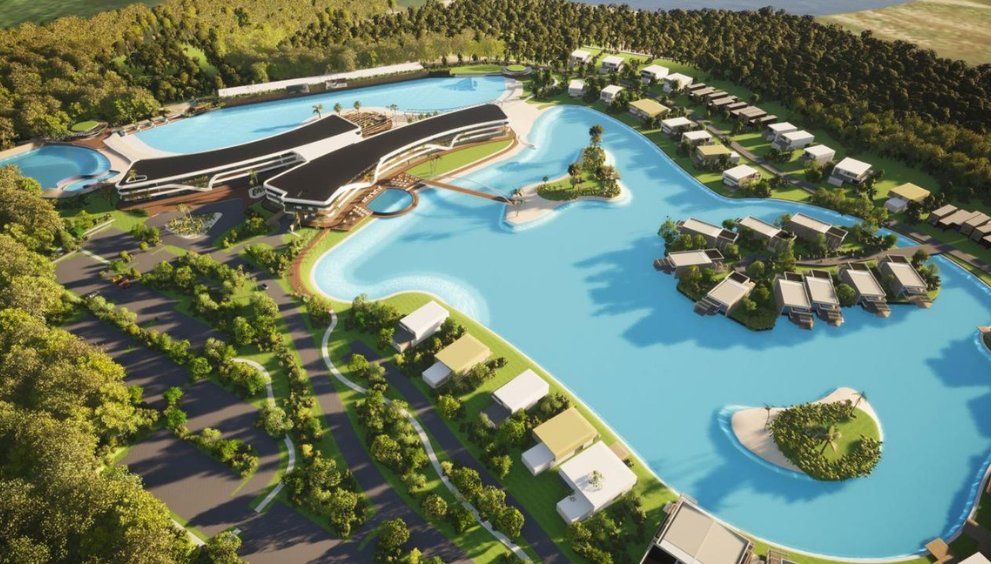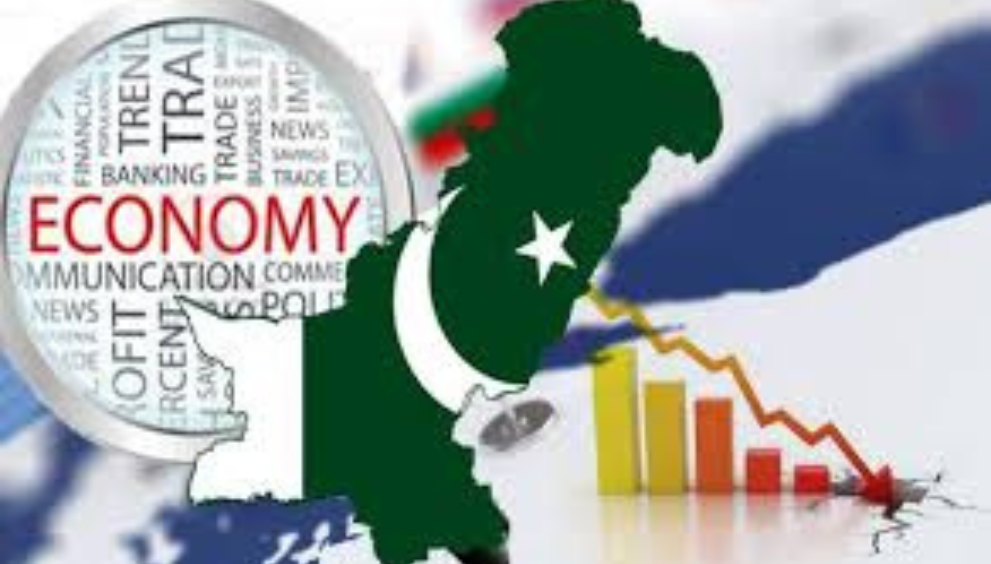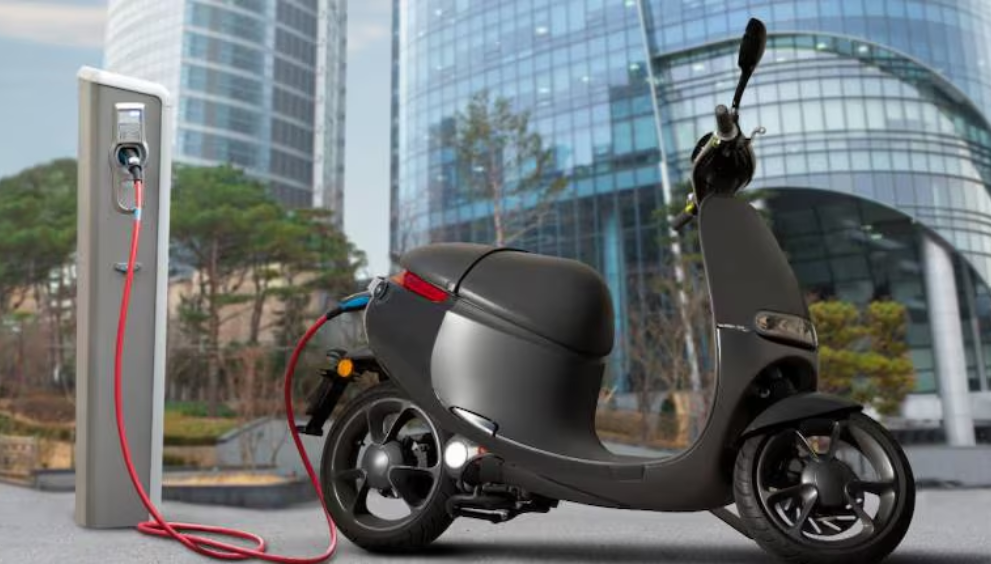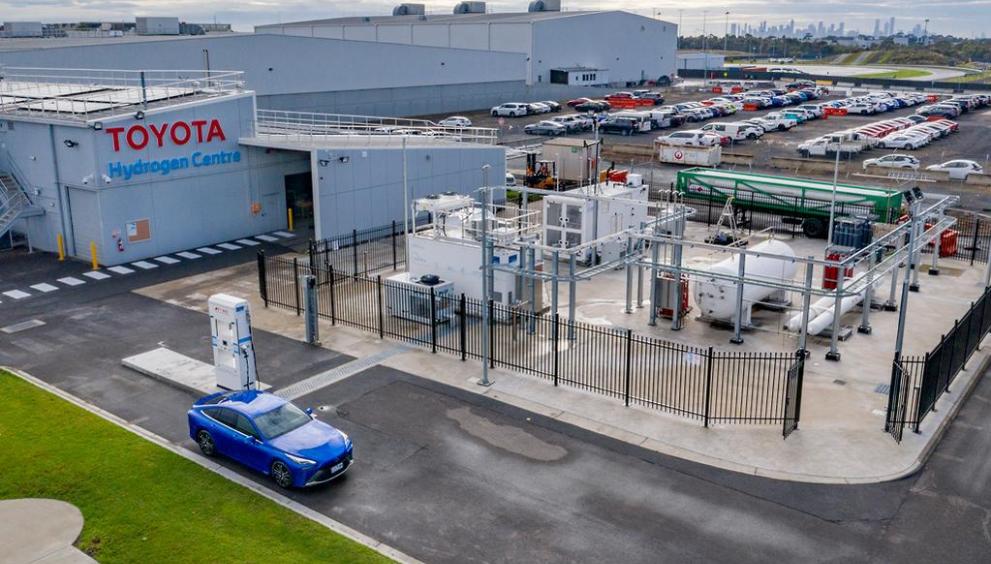Pakistan Grants EV Production Licenses to 57 Manufacturers
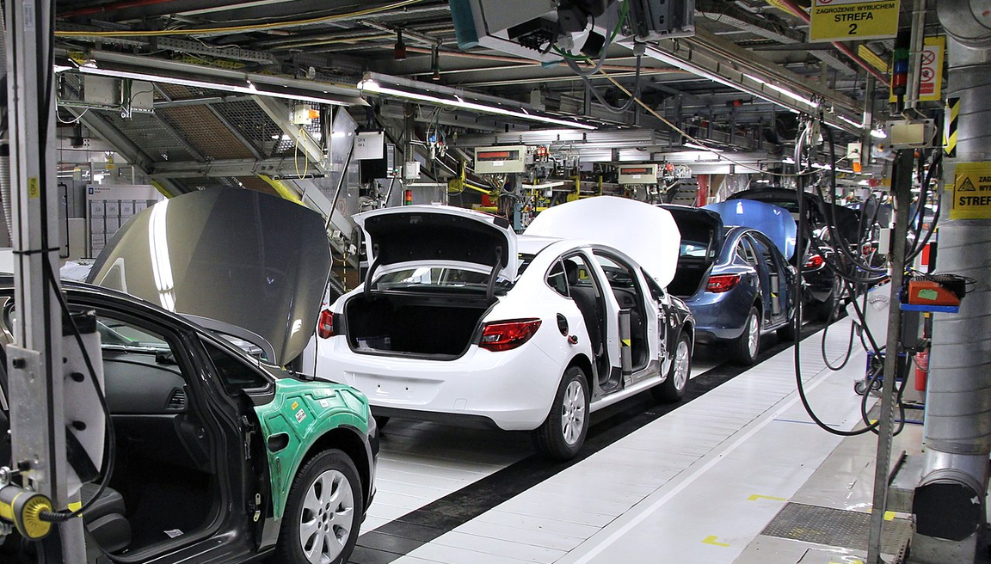
Pakistan Grants EV Production Licenses to 57 Manufacturers
Pakistan has taken a significant step toward promoting electric vehicles (EVs) by issuing production licenses to 57 manufacturers. This move aligns with the government’s vision of a greener future, reducing reliance on fossil fuels and curbing environmental pollution. With this development, Pakistan’s EV market is expected to grow, attracting investments and encouraging local production of eco-friendly vehicles.
Government’s Commitment to EV Industry
The government of Pakistan has been actively working to promote the EV sector. By offering incentives and easing regulatory restrictions, authorities aim to increase EV adoption across the country. The issuance of production licenses to 57 manufacturers is part of this strategy, allowing companies to assemble and manufacture EVs locally.
The government’s Electric Vehicle Policy (EVP) is designed to make EVs more affordable, reduce import dependence, and encourage local businesses to invest in the sector. Under this policy, tax reductions, subsidies, and infrastructure development are prioritized to create a sustainable EV ecosystem.
Boosting Local Manufacturing and Economy
The approval of 57 manufacturing licenses is expected to strengthen the local automotive industry. Several local and international companies have shown interest in setting up EV manufacturing plants in Pakistan. With an increase in local production, the cost of EVs may decrease, making them accessible to a larger population.
Additionally, this initiative will create job opportunities in various sectors, including automobile manufacturing, battery production, charging station development, and after-sales services. As the demand for EVs grows, more skilled workers will be needed, boosting employment rates and supporting economic development.
Incentives for EV Adoption in Pakistan
To encourage EV adoption, the Pakistani government has introduced various incentives, including:
Lower taxes and duties – Reduction in import duties on EV parts and a lower general sales tax (GST) on locally manufactured EVs.
Subsidies for EV manufacturers – Companies investing in EV production receive financial incentives to reduce costs.
Infrastructure development – Expansion of EV charging stations across major cities and highways.
Public transport electrification – Plans to introduce electric buses and rickshaws to reduce urban pollution.
These incentives aim to make EVs a viable alternative to traditional fuel-based vehicles.
Challenges in EV Implementation

Despite the positive developments, there are several challenges that need to be addressed for the successful implementation of EVs in Pakistan:
1. Lack of charging infrastructure – Although efforts are being made to set up charging stations, the existing infrastructure is still insufficient to support mass EV adoption.
2. High initial costs – While operational costs of EVs are lower, the initial purchase price remains high for many consumers.
3. Limited public awareness – Many people are still unaware of the benefits and functionality of EVs, making it difficult to shift from conventional vehicles.
4. Dependence on imported technology – Battery production and other essential EV components rely heavily on imports, increasing costs.
Future of Electric Vehicles in Pakistan
With government support, increasing public interest, and advancements in technology, the future of EVs in Pakistan looks promising. More companies are expected to invest in manufacturing, research, and development, making EVs more affordable and accessible.
If the challenges are addressed effectively, Pakistan could emerge as a key player in the regional EV market. The transition to electric mobility will not only help reduce carbon emissions but also decrease dependence on costly fuel imports, ultimately benefiting the economy.
Conclusion
The issuance of production licenses to 57 manufacturers marks a milestone in Pakistan’s journey toward sustainable transportation. As the EV industry continues to develop, it has the potential to revolutionize the country’s automotive sector, create jobs, and contribute to a cleaner environment. However, addressing infrastructural challenges and making EVs more affordable will be crucial to ensuring long-term success. With the right policies and continued government support, Pakistan can accelerate its transition to an electric future.Read more informative blogs

 English
English 




